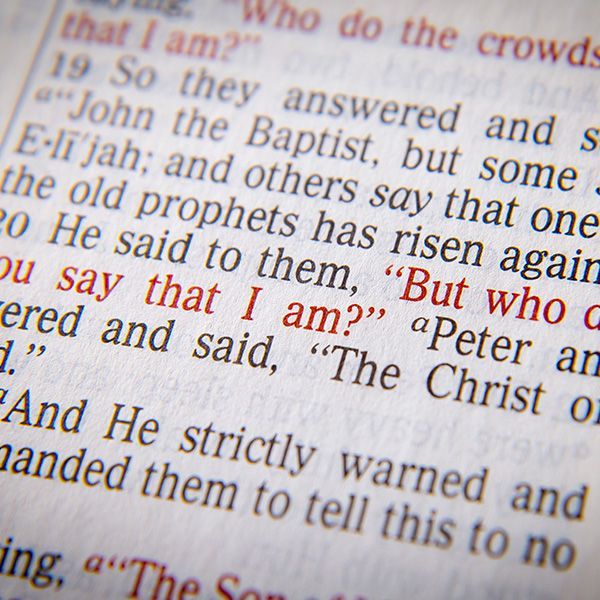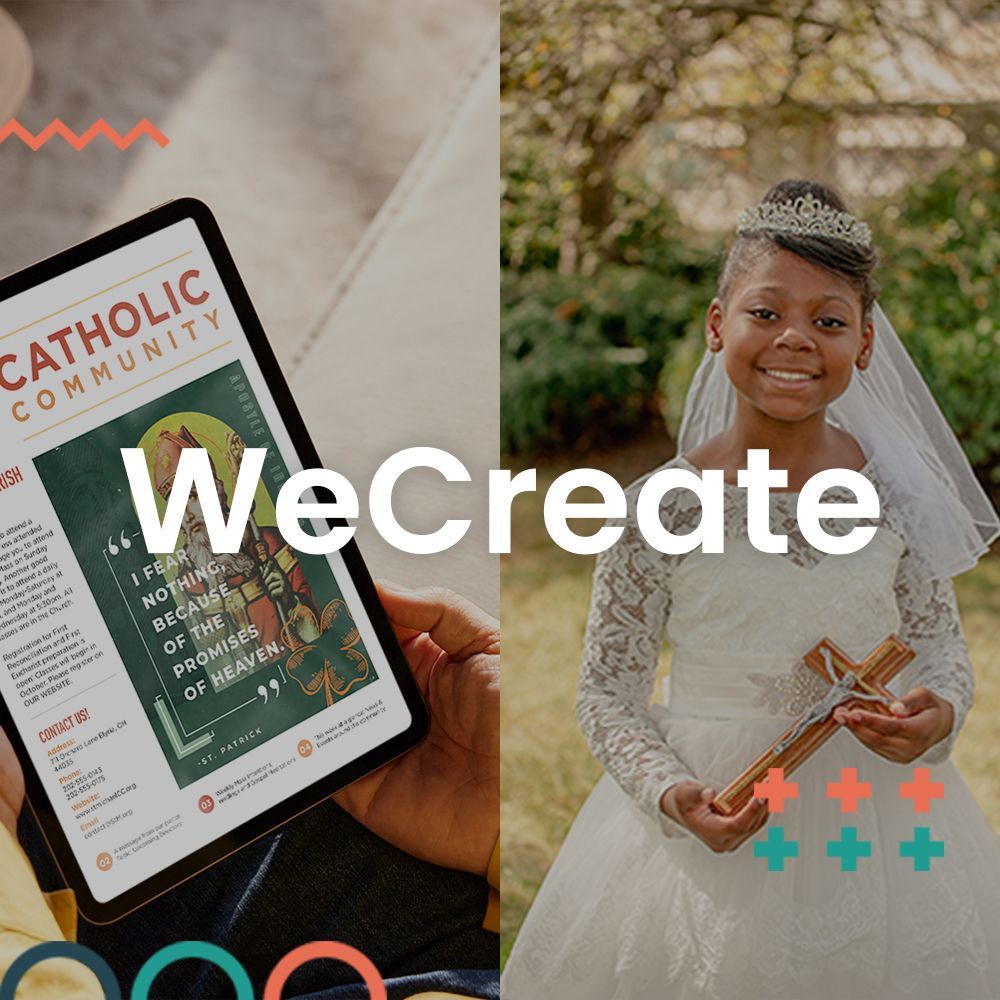How to Maximize Your Google Search Results

When you think of Google, your parish listing might not be the first to come to mind. However, getting your church to show up when someone searches for a parish nearby is one of the most beneficial ways you can grow your faith community.
Keywords, meta descriptions, backlinks, rankings … there are so many things you can do to get higher up on the Google search page. If you’re frustrated on where your parish ranks, check out some things you can do to maximize your Google search results.
Have You Claimed Your Page on Google?
If you have yet to do so, the first thing you’ll want to do is claim your listing on Google. Officially called “Google My Business” page, this is a way for you to officially lay claim to and customize your search results.
If you search for a specific business or organization, you’ll notice on the right-hand side what Google calls a “knowledge panel.” If you don’t claim your listing, this will be created automatically by Google. Claiming your page will allow you to be in control of what’s there, such as adding an official description, address and contact information, photos, links to social media channels and more.
While it can be a process, it is very doable. You’ll need a Gmail account, and then just follow the steps for verification through automated phone call, or postal mail. Once you’ve claimed your listing, you can help speed things along by requesting that Google index your website (basically scan your website and stick it in search results faster). If you’re interested in moving forward, check out this deep dive from Google on exactly how to do it.
Best Practices for SEO
Like the foundation of your home, your website needs a strong footing in order to be taken seriously by Google. That is why it’s extremely important that you work on your Search Engine Optimization (SEO). Each page that makes up your website needs its own title and summary (called the meta description), as well as any keywords that you think people would use to find a parish like yours.
Now, descriptions are no longer counted in the algorithm that Google uses to rank your pages, but they are critical for how Google uses them in the display of your search results. The meta description (summery) should be less than 160 characters, so you’ll want to make sure that all your important information fits inside that number.
Here is an example of one parish that has created custom, targeted SEO. Remember, each page should have a different description.
Keywords: Church, Milwaukee, East Side, Catholic, Sacraments, Mass (for even better results, make sure the same words are found within the copy on the same page).
Meta Description 1: Website (under 160 including spaces): St. Peter Parish is a vibrant Catholic community nestled in the heart of Milwaukee. A place of worship, we serve spiritual and physical needs of our community.
Meta Description 2: About Us page (under 160 including spaces): Whether you’ve been a parishioner with us for years, or are visiting our church for the first time, we hope that you feel welcome and at home.
Title Tags:
Home | St. Peter Parish
Sacraments | St. Peter Parish
Online Giving | St. Peter Parish
Google Reviews — Not JUST for Restaurants
Finally, you may not be aware, but Google is one of the best places to search for reviews of various businesses, organizations, and yes, churches! One way to look at this is to utilize it for member and staff testimonies. Does your parish have an amazing choir? Young adult ministry? Is your pastor inspiring and passionate in his homilies? Have you experienced an encounter with Christ thanks to this parish? Whatever you choose to highlight, Google is a great way to get the word out!
The more positive reviews, the higher you rank in search results. No matter what is posted, be sure to respond within three days. Not only is this best practice, but it also shows people who find your listing on Google that your parish is alive and thriving.
Want more website tips for your parish? Visit the " Web and Social Media" section of our weekly blog.
Updated on 3-11-2024
Share
You might also like
LPi Blog




